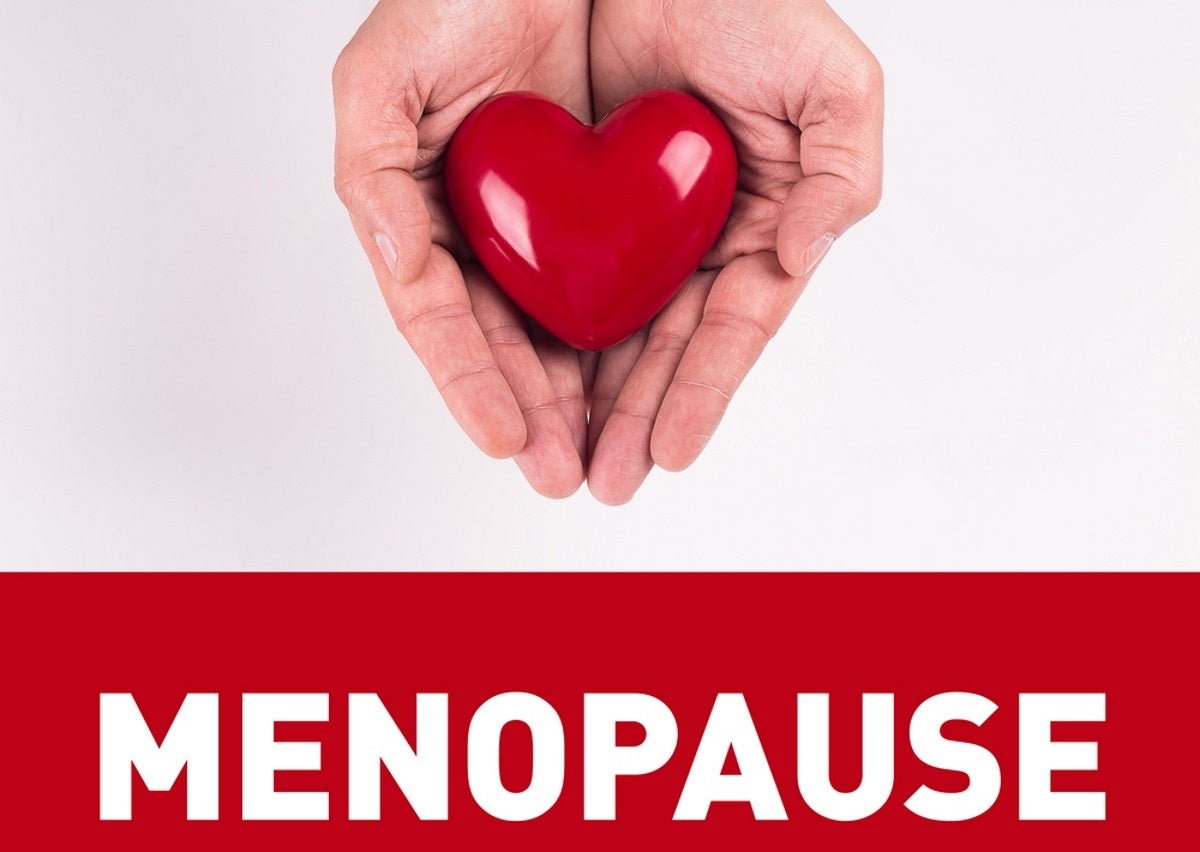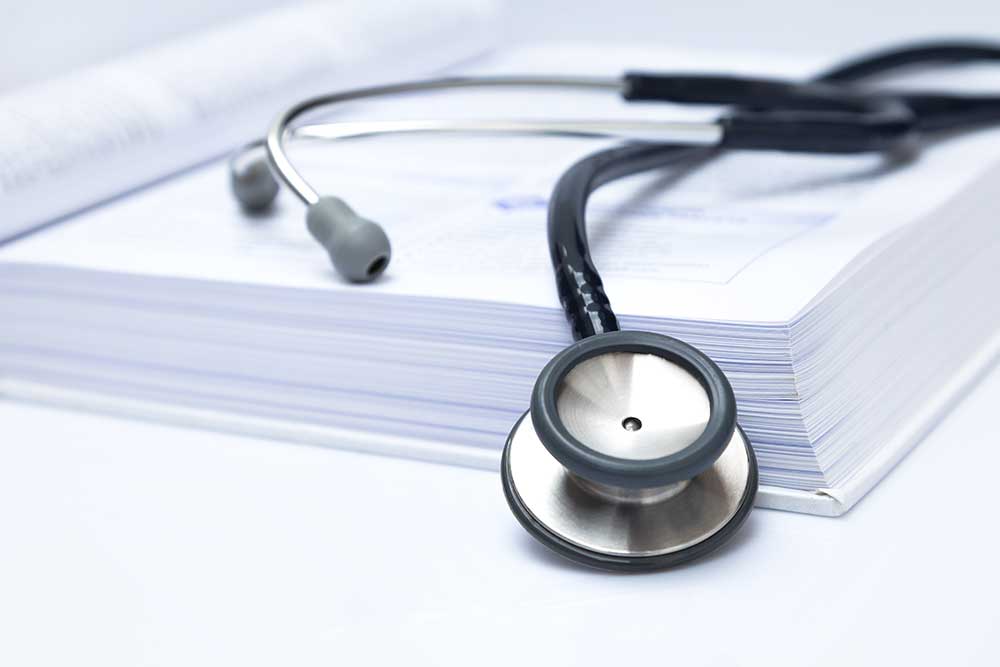Hysterectomy and Heart Disease
If you’re considering hysterectomy or approaching natural menopause, you have probably heard that you need to watch your cardiovascular health more closely after menopause. But what do experts really mean when they use the phrase “cardiovascular health”?
To put it simply, your heart is a muscle and as you age, your heart becomes weaker, just like your other muscles do. This means that you are at a greater risk for a cardiovascular event like a heart attack, valve problem or blockage. But, there are things you can do to reduce your risk for heart disease.
Menopause and Heart Health
During menopause, there is a decline in the hormone estrogen that regulates your reproductive cycle. Estrogen keeps your body tissues plump and it provides some elasticity to your blood vessel walls. This means that your veins and arteries are more flexible and can better accommodate blood flow.
Estrogen provides a protective benefit against heart disease, but it’s important to know that you shouldn’t rush out to get estrogen hormone replacement therapy for this reason. The American Heart Association actually recommends against using postmenopausal hormone therapy to reduce the risk of heart disease. Some studies have shown that estrogen doesn’t actually reduce the risk enough to warrant the risks of taking the hormone.
However, while estrogen provides some protection against cardiovascular disease it’s important to know that menopause doesn’t cause heart disease. Lack of estrogen from menopause is one risk factor… it just so happens that many of the risk factors for heart disease occur at the same time as menopause. Some risk factors for heart disease include a high-fat diet, smoking, a sedentary lifestyle and other unhealthy habits.
Hysterectomy and Heart Disease
A study published this year in the American Journal of Epidemiology found that hysterectomy and heart disease were n0t related. The researchers found that women who had undergone hysterectomy experienced the same levels of risk for cardiovascular disease as those who reached menopause naturally (those who never had a hysterectomy). There was no difference if the women had a hysterectomy that removed the uterus and ovaries or if the ovaries were left in tact.
This is great news for women considering hysterectomy for heavy bleeding, fibroids, endometriosis or other gynecological problems. Hysterectomy surgery is a big decision – knowing your risk for heart disease is the same as women without hysterectomy means there’s one less thing to worry about. And as an added bonus, doing all the things you need to do to prepare for hysterectomy surgery (increasing your activity, eating a health diet, quitting smoking, abstaining from drinking) will lower your risk for heart disease.
Content Sponsored by: MIRI Women – The Minimally Invasive Reproductive Surgery Institute (MIRI) brings together highly skilled, board-certified specialists who are focused on women’s health. Our team of professionals is trained in advanced gynecology, specifically hysterectomy surgery. Philosophically, our partner physicians take a “less is more” approach to health care, by first treating patients with the most conservative therapies. MIRI focuses on physical healing, while emphasizing that a patient’s emotional well-being is just as important.
References:
American Heart Association. (2015, July). Menopause and heart disease. Retrieved from http://www.heart.org/HEARTORG/Conditions/More/MyHeartandStrokeNews/Menopause-and-Heart-Disease_UCM_448432_Article.jsp.
Appiah, D., Schreiner, P. J., Bower, J. K., Sternfeld, B., Lewis, C. E., & Wellons, M. F. (2015). Is surgical menopause associated with future levels of cardiovascular risk factor independent of antecedent levels? the CARDIA study. American Journal of Epidemiology, 182(12), 991.







